Pandemic Post-mortem: How to Protect Your Business from The Next “Black Swan Event”

As the coronavirus pandemic ebbs and flows, the signs and symptoms of a Black Swan Event ring especially true. In this article, we revisit a legal column written by Adam Savaglio in 2012, which explains what Black Swan Events are and what they mean for business owners in today’s ever-changing world. Adam also covers the practical steps one could take to mitigate risk and swiftly respond to changing circumstances.
The Black Swan Theory was formulated by Nassim Nicholas Taleb, getting its title from the rare form of a bird that went undocumented until the 18th century. It’s based on the concept that society will inevitably encounter an unpredictable event that is so profound it changes the way we conduct our lives. It is an occurrence that is so beyond the realm of expectations it can’t be accounted for. There are countless world-renowned examples of Black Swan events such as the Internet and World War I that have fundamentally changed our lives for better and worse.
According to Taleb, Black Swan Events share three defining characteristics:
- An event that is unpredictable.
- The results of the event are severe and far-reaching in its consequences.
- After the event’s occurrence, people will rationalize the event as having been predictable (hindsight bias).
The coronavirus pandemic checks all these boxes. Even though the threat of the virus was known, along with the threat of pandemics, the oversights and lack of preparedness by governments worldwide show that it was considered an outlier event with a low probability of occurring. The pandemic has also had catastrophic consequences on public health, mortality, and the economy. Finally, now that it has happened, everyone wonders why we weren’t prepared for it in the first place. During a 2014 speech, former US President Barack Obama warned about the need for the US to cast aside partisan differences to prepare for an upcoming pandemic.
There is plenty to learn from Taleb’s Black Swan Theory, especially if you are a business owner. If you subscribe to Taleb’s theory, as predicted in the 2012 column, then your business is bound to encounter an unpredictable occurrence. To effectively manage your business, you should lessen the impact of an unforeseen event by taking reasonable precautions to insulate your business.
Herein lays the paradox: how do you prepare for something that you can’t see coming?
For a business owner, one mechanism to alleviate the undue hardship your business may suffer from a Black Swan-like Event is strategic legal planning. Strategic legal planning addresses all the permutations that may strip your company of its value and implements legal remedies that may cushion the impact of an unforeseen event before its formation. Below are four helpful hints, which may assist your business in the face of an unpredictable event:
Put the title of your home in your spouse’s name
As set out in 2012, whether you are incorporated or not, it is critical to move your most valuable personal asset out of your business. If your company is incorporated, note that courts may pierce the corporate veil to attach personal liability to a director. If a potential legal claim is meritorious or not, it may be in your best interest to put the name of your home in your spouse’s name and avoid exposure to any third-party claims.
We have learned from this pandemic that low-interest rates and the supply shortage of housing have resulted in sky-rocketing residential real estate prices. Consequently, the most valuable asset for most business owners is the residential home and should be protected from the potential claims of creditors and judgments.
Don’t leave retained earnings in your corporation
What if your corporation lost a contract with a major supplier or faced litigation? You’d want to ensure that you had priority on those retained earnings should your corporation become insolvent. Structure your corporation to permit the distribution of dividends. As a shareholder, you can direct management to pay those retained earnings to you in the form of dividends. Upon receiving the dividend, you can loan those funds back to the corporation as a secured creditor. Like a bank, you can use a promissory note and a security agreement registered under the Personal Property Security Act.
10 years and a pandemic later, it follows the same principle that a corporation should never commingle its assets (i.e. real estate, cash, or marks) in the entity which conducts its business. Such assets would potentially be vulnerable to judgment in favour of any party with which it enters commercial arrangements. Furthermore, the business operations entity should ensure that any commercial contracts with its customers, suppliers, or landlords include a force majeure clause, which acts to suspend the organization’s obligations pursuant to an agreement in the event of the occurrence of a specific intervening event such as a government-mandated closure or pandemic.
Enter into a unanimous shareholders agreement
What if a shareholder in your corporation died, became insolvent, or was amid a claim for equalization under the Family Law Act caused by the dissolution of a marriage? You should always be conscious of how the actions of other shareholders in your corporation may influence your investment. An effective shareholders’ agreement restricts or mandates the transfer of shares to third parties.
It is essential that the shareholders of a corporation not only have insurance proceeds available to purchase a deceased shareholders’ share interest but adequate Director and Officer liability and commercial insurance for actions by the business, particularly in times of a pandemic. In short, one of the functions of a typical unanimous shareholders’ agreement is that it effectively bumps management of a business’s operations from the directors and officers of a corporation to its shareholders, which dictate those decisions of the corporation that require shareholder approval. While COVID-19 has challenged even the most well thought out and intentioned contingency plans, there are typical exclusions under most policies relating to intentional conduct or negligence resulting in bodily harm. Any shareholder of an organization should proactively examine its policies to ensure a robust understanding of the extent of its coverage.
Have your employees execute an employment agreement
Binding your employees to the statutory minimums in Ontario for termination pay in lieu of notice may result in saving your business thousands of dollars as the recent trend in employment case law has been to award damages to terminated employees that far exceed the statutory minimums. An employment agreement can also include provisions to maintain employee confidentiality, restrict solicitation of clients and prevent competition from an employee after the employer/employee relationship has been severed.
I doubt there has been any commercial agreement litigated more in Ontario courts than employment agreements in the past decade. Specifically, the enforceability of termination provisions and an employer’s rights in implementing health and safety policies has come to the forefront, especially when dealing with unvaccinated workers.
In Waksdale v. Swegon North America Inc., a decision from 2020, the Ontario Court of Appeal held that a termination provision, which many employers in the province had relied upon to limit common law entitlements of its employees upon termination, to be unenforceable. Consequently, employers need to consider new means, such as pay increases or increased vacation days, to form the consideration to bind employees to new employment contracts with language that is reconcilable with the ever-changing law and protects employers from preventable exposures and losses.
As such, any business must take immediate steps to audit its employment contracts to ensure that they provide for various employer rights, including (but not limited to) the right of layoff, eligibility requirements for benefits, overtime averaging, and hours of work. With case law changing as quickly as the pandemic evolves, often in favour of the employee, working with a lawyer whose trusted expertise in employment law has garnered much respect is crucial to mitigate the effects of the next known unknown.
These are just four strategic legal planning hints to consider. If you believe in Taleb’s theory, you understand that it’s inevitable that your business will encounter a surprise akin to the coronavirus pandemic. The question is, what steps will you take to be ready?
